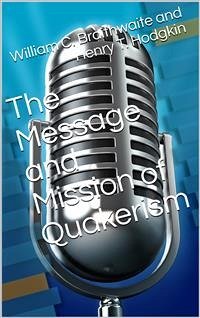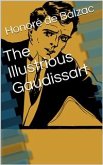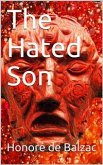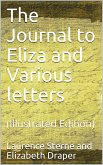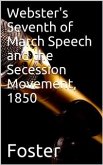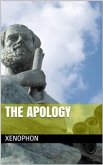The two addresses which compose this book were delivered at the Five Years Meeting of the Society of Friends held in Indianapolis, Indiana, from October 15th to 22nd, 1912. They were listened to with profound interest and appreciation, and were approved by a Minute which also ordered their publication, in order that the wider group of Friends, and all others who are interested in the message and mission of a religion of this type, might have the opportunity to read them. It is a plain duty of any religious body to put its truths into circulation, and to reinterpret again and again the vital principles by which its members live and work. Here in this little book will be found in convenient form a fresh and illuminating expression of the truths, principles and ideals of present-day Quakerism and some of the practical problems confronting the modern world which the application of these truths, principles and ideals might solve. The reader will discover that the writers live in the Twentieth Century and that they are “speaking to the condition” of the age.
Bitte wählen Sie Ihr Anliegen aus.
Rechnungen
Retourenschein anfordern
Bestellstatus
Storno

